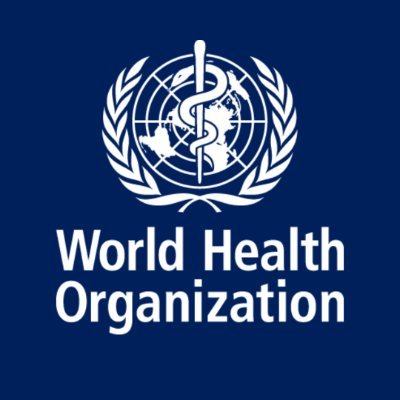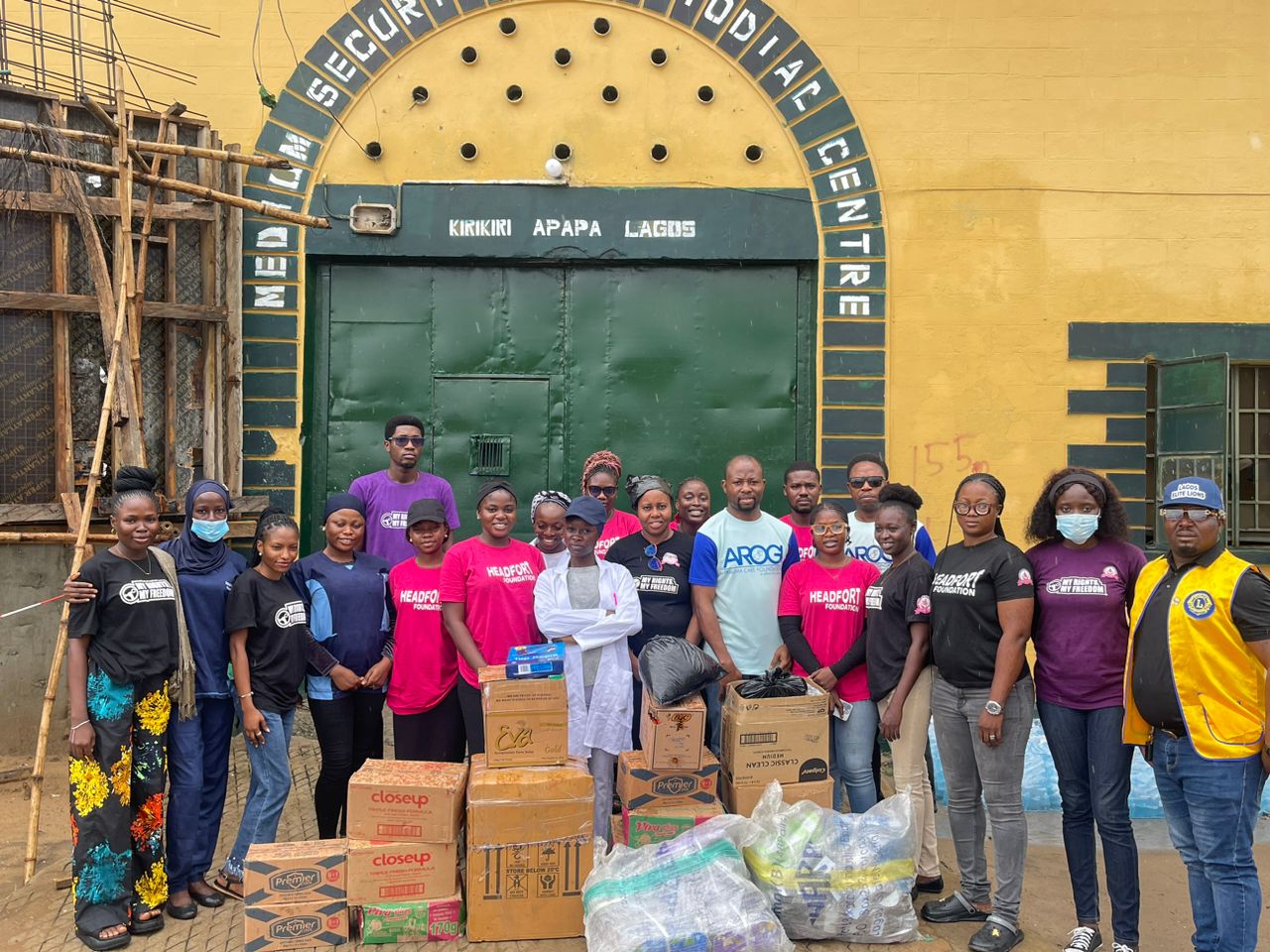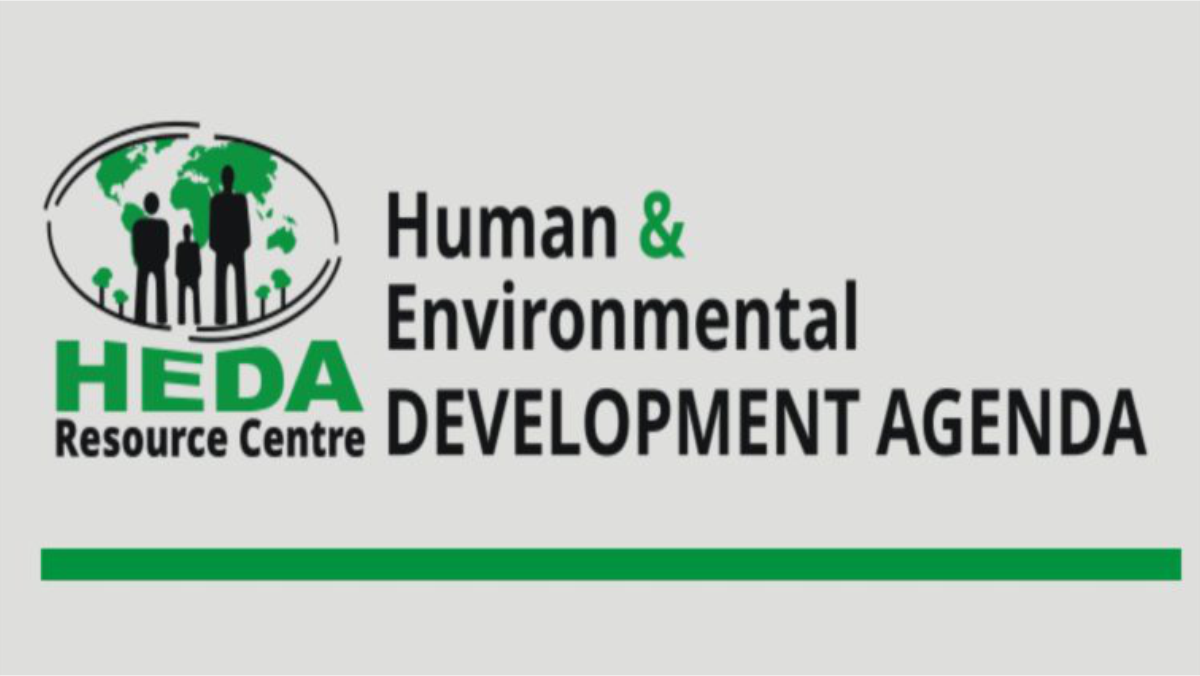Ogun State Champions Carbon Audit, Waste-to-energy Model To Tackle Climate Change – Commissioner Ola Oresanya Reveals

By Fatima Saka
ABEOKUTA, Nigeria – The Ogun State Government is implementing strategic climate action measures aimed at decarbonizing industries, reducing carbon emissions, and converting plastic waste into alternative fuel, according to the State Commissioner for Environment, Dr. Ola Oresanya.
The commissioner revealed this in an exclusive interview on Friday in Lagos State, while reacting to a recent report by the Society for Planetary Prosperity on organizational carbon footprints, Dr. Oresanya emphasized that the state’s approach aligns with the National Climate Change Policy, which mandates a carbon audit for all government institutions.
He highlighted that innovative policies on carbon footprint, single-use plastics, and industrial decarbonization.”Every government agency is now required to carry out a carbon audit to establish a baseline of its carbon footprint.
“This helps us measure and manage emissions scientifically,” Oresanya said. “If you can’t measure it, you can’t manage it.”
He praised the National Council on Climate Change (NCCC) for providing the necessary frameworks and inventory tools that enable institutions to key into carbon tracking systems. The audits, he noted, are already underway nationwide, including in Ogun State.
Turning Waste into Energy: A Sustainable Alternative
While states like Lagos have implemented outright bans on single-use plastics, Ogun State has opted for an innovative waste-to-energy solution, transforming single-use plastics into Refuse-Derived Fuel (RDF).
“Instead of banning, we’re incentivizing the collection of single-use plastics, which have high calorific value and are ideal for industrial furnaces,” he explained. “We are converting waste into RDF to supply industries such as cement manufacturing and metal recycling that require high-temperature kilns.”
Ogun’s strategy, the commissioner added, not only supports industrial decarbonization but also addresses unemployment and landfill pressures. “By creating community recycling hubs and incentivizing waste collection, we’re generating low-skill jobs, supporting the vulnerable, and giving economic value to plastic waste.”
Currently, Ogun State generates approximately 4,000 metric tons of waste daily, but its industrial energy demand requires at least 20,000 tons of RDF feedstock. Dr. Oresanya disclosed that the state is piloting efforts to fully process its daily waste volume and plans to source waste from neighboring states to meet industrial demands.
READ ALSO: NNPCL Spokesperson Femi Soneye Steps Down to Prioritise Family, Personal Commitments
“We are working with partners such as Manufacture Africa, McKinsey, and other organizations to scale up this circular economy model,” he said.
Long-Term Vision
Dr. Oresanya stressed that Ogun’s approach offers a sustainable, job-creating, and environmentally responsible pathway to climate adaptation and mitigation. He expressed optimism that with time, the state will eliminate the need for traditional landfills while boosting industrial productivity and community resilience.
“It’s a win-win for us,” he concluded. “Cleaner environment, energy security for our industries, and job creation for our people.”





